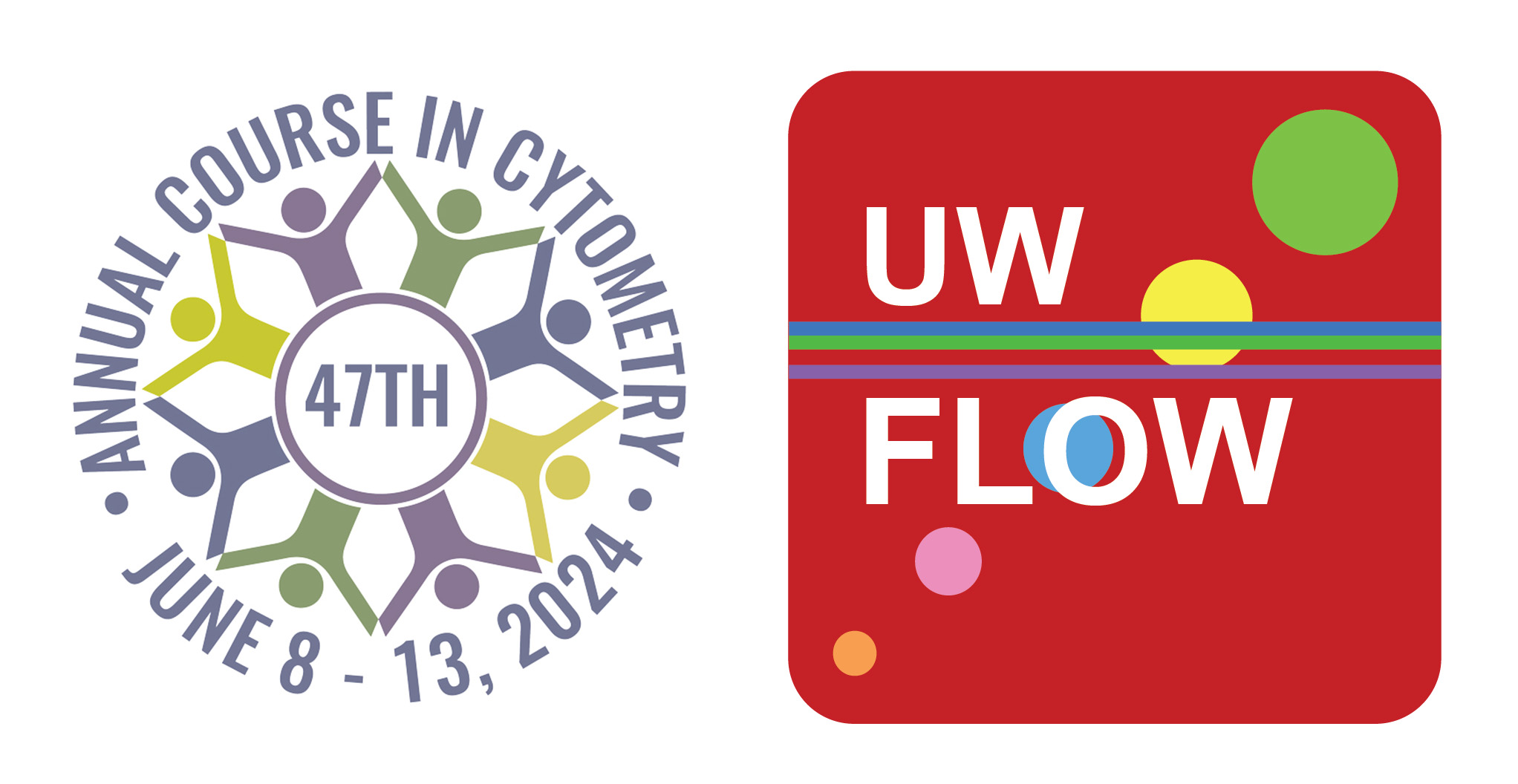Instructors
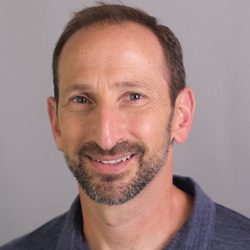
Yoav Altman
Stanford Burnham Prebys Medical Discovery Institute
Yoav Altman, BS, SCYM(ASCP)
Yoav Altman is the Senior Director of the Flow Cytometry Shared Resource at Sanford Burnham Prebys Medical Discovery Institute where he has guided many hundreds of researchers in the use of flow and imaging cytometry during his 21-year tenure. Prior to joining SBP, Yoav worked at the flow cytometry and microscopy facility at La Jolla Institute for Allergy and Immunology. Yoav holds a Bachelor degree in Integrative Biology from the University of California at Berkeley and is board certified by the American Society for Clinical Pathology as a Specialist in Cytometry. He also serves on the Board of Directors of the non-profit Cytometry Educational Associates.
Anna Belkina
Anna Belkina
Jennifer Couget
Jennifer Couget
Ben Finnin
Ben Finnin
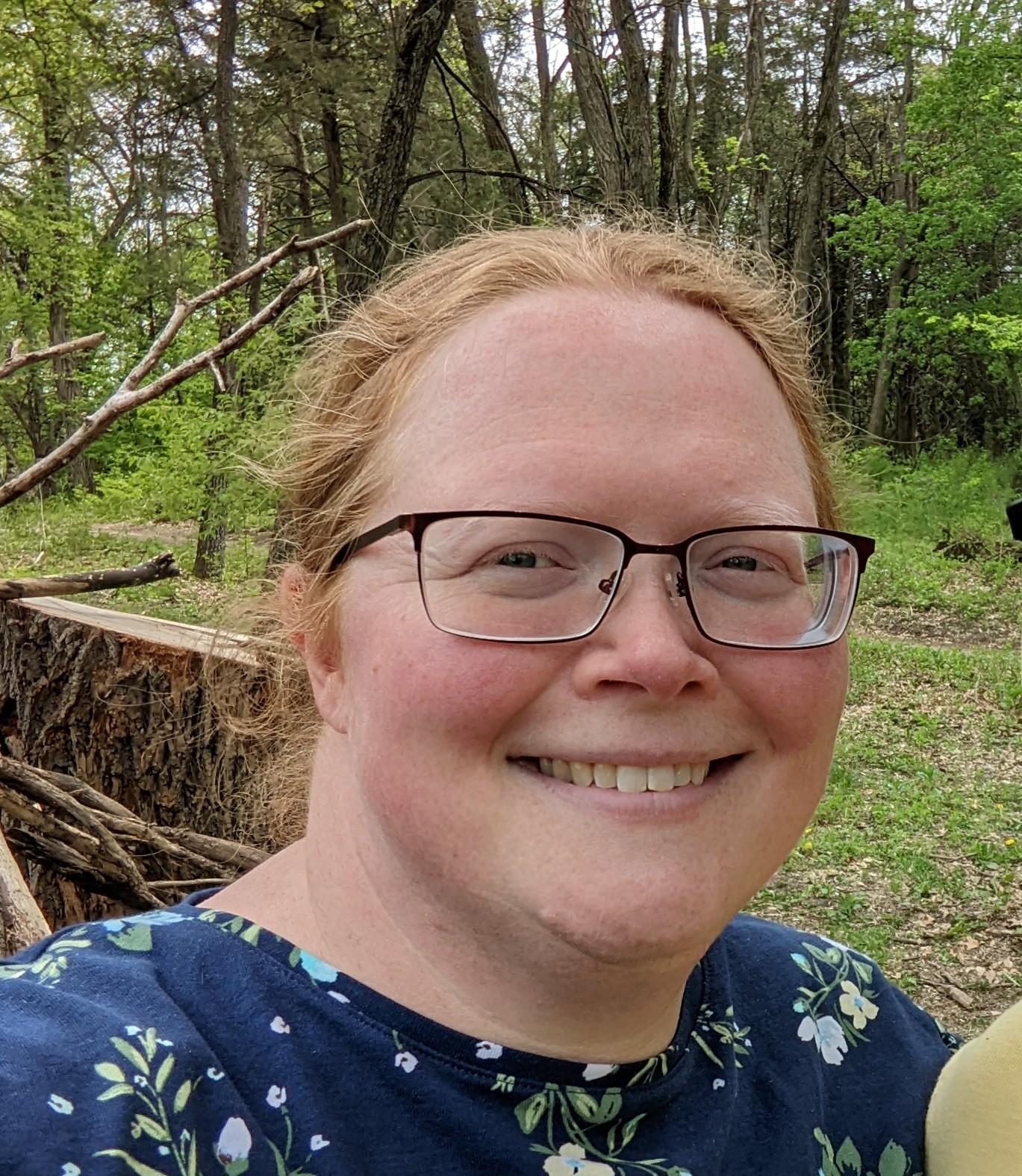
Kathryn Fox
UWCCC Flow Cytometry Laboratory
Kathryn Fox, PhD, SCYM (ASCP) CM
Kathryn is the Flow Lab Technical Manager at UW-Madison. Beyond keeping the instruments maintained and running day-to-day, she enjoys projects focused on testing new instrumentation and expanding existing functionality for researchers using the facility.
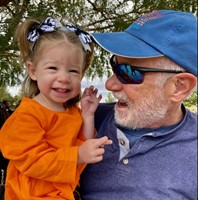
Jim Freyer
BennuBio, Inc
Jim Freyer, MA, PhD
James P. Freyer, PhD is a Founder and the Chief Science Officer of BennuBio Inc. Trained as a Biophysicist, Dr. Freyer is a former director of the NIH National Flow Cytometry Resource (NFCR) and leader of the flow cytometry team at LANL, with 45 years of experience in flow cytometry instrumentation development and application (e.g. development of a fluorescence lifetime flow cytometer). This experience includes serving as Director of six previous iterations of the Annual Course in Flow Cytometry, hosted both at the NFCR in Los Alamos and at the University of New Mexico. Jim also has 45 years of experience in the field of tumor biology, focused on the use of multicellular spheroids as an in vitro model of tumors. His work has focused on the response of cells to the stressful microenvironment within spheroids, including the development of several novel techniques (e.g. development of an automated method for isolating cells from different regions within spheroids). Jim has secured continuous funding from NIH since 1984, including research grants, technology development programs and small business funding.
For the past 5 years, Dr. Freyer has served as CSO of BennuBio Inc, a start-up that is commercializing multistream flow cytometry using acoustic particle focusing (the Velocyt™). One (among many) advantage of this approach is that it allows analysis of a wide range of particle sizes, including intact multicellular spheroids. Although Dr. Freyer first demonstrated analysis and sorting of spheroids by flow cytometry in 1987, the capabilities of the Velocyt™ provide both standard flow measurements as well as images of each spheroid up to 250 mm in diameter. Jim is very excited to be able to combine his experience in spheroids and flow cytometry to use the power of this new technology to expand the applications of spheroids in a variety of fields.
On the personal side, Jim is married with three grown children and four granddaughters that he simply adores (that’s Riley Lynn above), along with two rescue dogs that are endlessly entertaining. Jim lives in the NM high desert, which provides ample opportunities for mountain biking, hiking, kyaking and camping. For the past 35 years, Jim has been an avid alpine skier and a member of the National Ski Patrol working at Pajarito Mountain in northern New Mexico. Other hobbies include wood working, gardening, volunteer firefighting and nature photography.
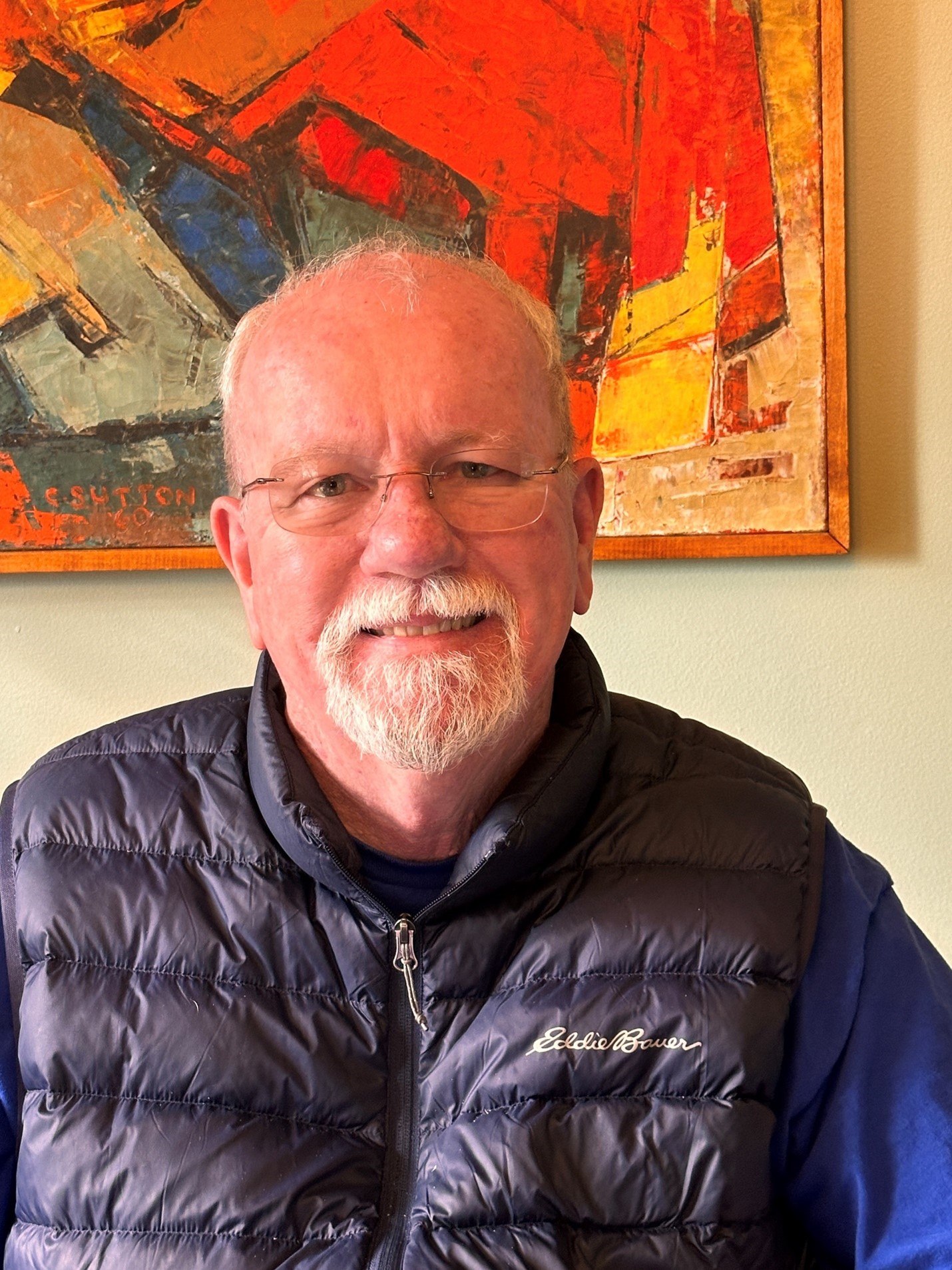
David Galbraith
Univeristy of Arizona
David Galbraith, PhD
Born in Oxford, England, I was trained as an undergraduate and graduate student (BA, MA, PhD), at Cambridge University and as a NATO postdoctoral associate at Stanford. I taught for 10 years at the University of Nebraska-Lincoln, as an Assistant and Associate Professor in the Department of Biological Sciences. I joined the University of Arizona in 1989 at the University of Arizona. I retired as Director of the School of Plant Sciences in January of this year but maintain research collaborations around the world. We moved to Maryland in February 2022.
My interests in cytometry were triggered at Stanford by a chance visit to the laboratory of Len and Lee Herzenberg. Since that time, I have focused on (i) developing applications of flow cytometry and cell sorting to plants and (ii) development of instruments and experimental strategies to advance our understanding of living organisms and the cellular and subcellular level.
.
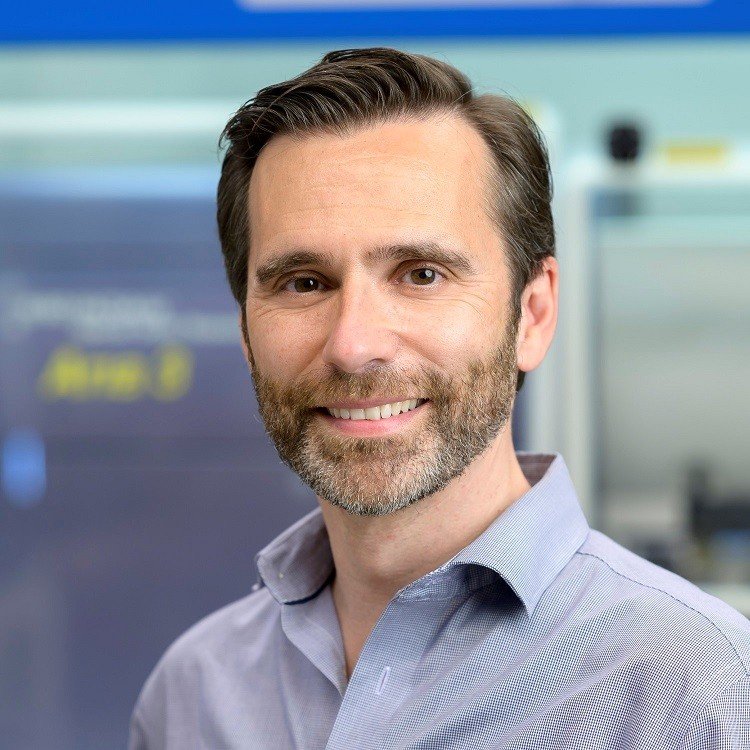
Rui Gardner
Rui Gardner
Rui Gardner, PhD, is currently Head of Flow Cytometry Core Facility at Memorial Sloan Kettering Cancer Center.
Passionate about Science and Technology, Rui has an interdisciplinary background in Mathematics, Physics, and Biology that allows bridging the gap between the operational and technical details in flow cytometry and the science within flow applications. Currently Rui is the Flow Cytometry Core Head at Memorial Sloan-Kettering Cancer Center and previously was the Core manager at the Gulbenkian Institute of Science in Portugal. Driven by a sense of responsibility towards his peers and the flow cytometry community, Rui has been actively involved in ISAC, on the Core Managers Task Force, elected to the ISAC Council, chairing the SRL Oversight Committee, and helped to establish several Shared Resource Lab programs and activities, including the Live Education Delivery Task Force, Meetings Committee and the Leadership Development Committee. Rui is also a member of FlowCytometryUK, member and past councilor of the Sociedad Iberica de Citometria (SIC), and current member of the FlowTex Cytometry board. Rui continues to be active in mentorship of others in Flow Cytometry and Core Facility management. Rui earned a B.S in Biochemistry from University of Lisbon, Portugal, and a Ph.D. in Biomedical Sciences from the University of Porto, Portugal. His postdoctoral work focused on evaluating immune diversity estimation techniques.
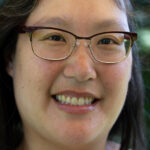
Si-Han Hai
BD Bioscience
Si-Han Hai, PhD
Si-Han received her Ph.D from the University of California, San Francisco in BioMedical Sciences with a focus on autoimmune disease. She is currently an Associate Director at BD Biosciences leading a team of Scientific Advisors and is based in San Francisco, CA.
Alex Henkel
UWCCC Flow Cytometry Laboratory
Alex Henkel
Alex is an Instrumentation Technologist II at the University of Wisconsin-Madison Carbone Cancer Center Flow Cytometry Shared Resource Facility where he has taught and mentored many researchers on flow cytometry methods and best practices. He holds a bachelor’s degree in Biochemistry from the University of Wisconsin-Madison and is an organizer for the Annual Course in Cytometry. He enjoys helping customers through the entire flow cytometry process from panel design to presentation.

Cheryl Kim
La Jolla Institute for Immunology
Cheryl Kim
Cheryl Kim is currently the Senior Director of the Flow Cytometry Core Facility at the La Jolla Institute for Immunology, where she has worked for the last 17 years. She received her undergraduate degree in Biochemistry & Cell Biology from the University of California, San Diego and has been in the field of cytometry for over 20 years. In addition to providing education, extensive training and assistance to many researchers, Cheryl has been fortunate to work with early access instrumentation and has successfully implemented novel, high parameter technology at LJI. She is a member of Cytometry Educational Associates, Inc and is a co-organizer of the Annual Course in San Diego. Outside of work, Cheryl loves to spend time with her 2 boys and is a volunteer/leader for the Sierra Club San Diego Chapter.
Jonathan Irish
Jonathan Irish
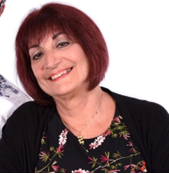
Joanne Lannigan
Joanne Lannigan
Joanne Lannigan has been a member of the flow cytometry community since 1982. She received a Master of Science degree in Pathology/Immunology from the State University of New York and a Master of Science degree in Health Services Administration from the New School University in NYC. Ms. Lannigan served as the Associate Technical Director of the Clinical Immunology Laboratory at the University Hospital of the State University of New York for over 17 years, where she managed both the clinical flow cytometry and immune diagnostics laboratories. In 2002, Ms. Lannigan was appointed faculty at the University of Virginia, where she became the Director of the Flow Cytometry Core Facility in the Department of Medicine until 2019, when she retired and started her consulting company, Flow Cytometry Support Services, LLC.
Ms. Lannigan has been a very active member of ISAC since 1996, and has served in several leadership roles including Council, Education Committee Chair, SRL Oversight Committee Chair, SRL Emerging Leaders co-chair, Cytometry Certification Exam Committee Member and Chair, and SRL Educational Content Task Force Chair. She has also served as a mentor to three ISAC Emerging Leaders, been a member of ISAC’s Mission Continuity Committee, and a regular member of the CYTO Meeting Planning and Program Committees. Ms. Lannigan has also been an active developer of workshops and CYTO U content for the educational mission of the society. She is also a recipient of ISAC’s Distinguished Service and Membership Services Awards. Ms. Lannigan is a regular reviewer for the journal Cytometry Part A, has published 50 cytometry related papers, and her 2020 publication of OMIP-069Forty-Color Full Spectrum Flow Cytometry Panel for Deep Immunophenotyping of Major Cell Subsets in Human Peripheral Blood was awarded the Best Publication of 2020. Her recent interests in flow cytometry have been dedicated to Full Spectrum Flow Cytometry and Nanoflowcytometry.

Kelly Lunstren
Kelly Lunstren
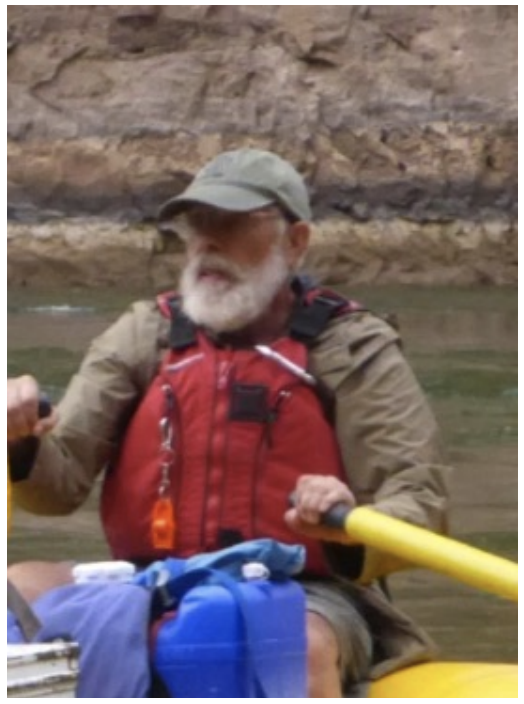
John Martin
John Martin
John has been involved in Flow Cytometry Technology since 1972. With a
background in experimental physics, his work has focused on instrumentation
development. Highlights have included building and delivered an early cell
sorter to the NIH in 1974, developing a high speed chromosome sorter as part
of the the Human Genome program, participating in the development of single
molecule detection and participating in the Annual Course in Flow Cytometry
since the early 80s. The later became even more important with the introduction
of the “Build a Flow Cytometer Lab” at the 1990 Flow Course at Bowdoin College.
These and other activities have resulted in over 80 publications and a dozen or
so US Patents.
When not working with lasers, flow chambers or detectors John can often be
found on the river or somewhere involved in southwest archaeology
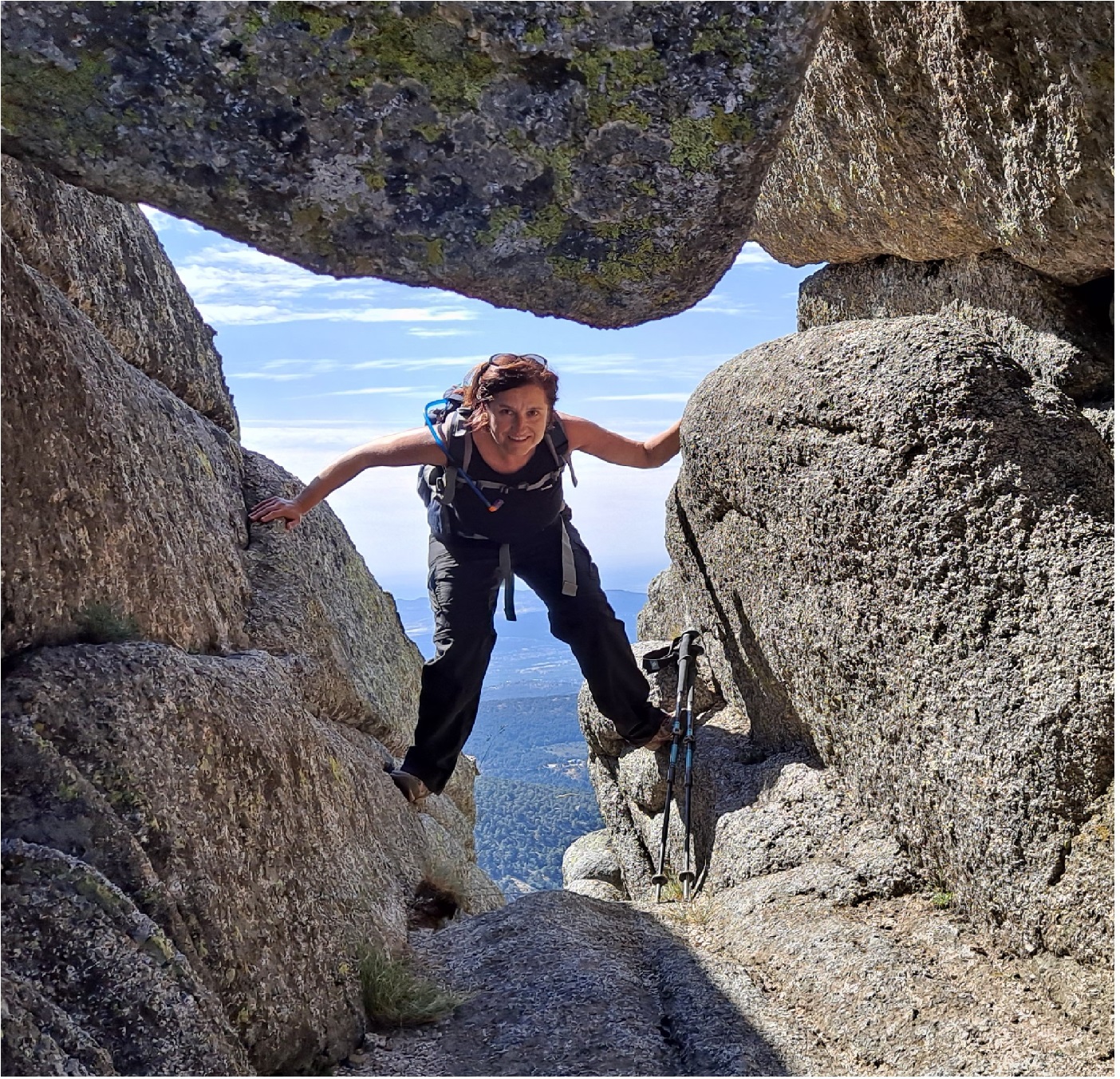
Lola Martínez
Spanish National Cancer Center (CNIO)
Lola Martínez
Lola Martínez is, since 2009, the head of the flow cytometry core unit at the Spanish National Cancer Center (CNIO) in Madrid, her hometown. Her main interest is to promote flow cytometry following good practices as well as engaging with young girls to share her passion about STEM careers. Lola has been developing and participating in many training activities related to flow cytometry, core facilities and science over the years.
Apart from flow cytometry her other passions are traveling and experiencing other cultures and practicing sports, particularly hiking which has brought her to many summits and peaks over the years.
Lola studied Chemistry at the Universidad Autónoma de Madrid, obtaining a BSc and MSc in Biochemistry and Molecular Biology. After finishing her studies, she moved to London (UK) where she focuses on the molecular pathways that regulate the proliferation and fate determination of mammalian cells at Prof. D. Beach’s lab at the Wolfson Institute for Biomedical Research-UCL, was at that time that was her first encounter with flow cytometry, using a MoFlo High Speed Cell Sorter, and since then she has been working in flow cytometry and cancer research. After 6 years at UCL she joined the Cancer Research UK London Research Institute as the Deputy Head of the Flow Cytometry Laboratory, where she worked with D. Davies at the largest flow cytometry facility in Europe.
Lola has been an active Member of the International Society for Advancement of Cytometry (ISAC), Flow Cytometry UK (FCUK), Iberian Cytometry Society (SIC) and Core Technologies for Life Sciences (CTLS) serving in different committees and boards of these societies for many years.

Kathleen McGrath
Kathleen McGrath
Kathleen graduated from Reed College with a BA in biology and went on to get her PhD from the University of Rochester Biology Department in Molecular Biology. In her training, she happily focused on cell biology enjoying generating numbers with error bars. Microscopy seemed a fuzzy science, pretty but how would she get a number from it? However, in her research in the field of hematopoiesis, she has studied many different lineages where microscopy was critical to understanding their biology. When the first commercial imaging flow cytometer became available in 2005, it provided the power of images that could be turned into numbers with error bars! Since then, imaging flow cytometry has been a critical tool, alongside classic flow cytometry, as she tries to unlock the complexity of how hematopoiesis is formed during embryogenesis and how it is reformed after injury.
Kathleen, along with a high proportion of other flow cytometrists, likes to cook. She also spends an inordinate amount of time planning Disney vacations and doing other logic puzzles.
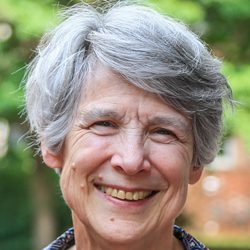
Kathy Murihead
Kathy Murihead
Kathy earned a B.S. in Chemistry from the University of Wisconsin-Madison, and an M.S. and Ph.D. in Inorganic Chemistry from the University of Illinois at Urbana-Champaign. After post-doctoral fellowships in biochemistry and tumor biology, she joined Pathology faculty at the University of Rochester, where her research focused on quality control and biomedical applications for the emerging discipline of flow cytometry. This focus continued at SmithKline Beckman R&D, where she served as director of their first flow cytometry core facility and worked with Paul Wallace to help SmithKline Clinical Laboratories implement immunophenotyping and DNA analysis be flow cytometry. At Zynaxis, Inc., a biotechnology start-up co-founded with colleagues from SmithKline, her focus shifted to cell-based immunotherapy and development of cell tracking reagents. Since 1996, Kathy has been Chief Operating Officer of SciGro, Inc., a biomedical consultancy that she co-founded with Dr. Betsy Ohlsson-Wilhelm. SciGro works with investors, entrepreneurs, and investors developing early stage pharmaceutical, biotechnology, medical diagnostic, and life science products to generate time-efficient feasibility testing plans and grants-based seed funding.
Kathy has served as an ISAC Councilor, Associate Editor and reviewer for Cytometry, Adjunct Professor at Thomas Jefferson University School if Health Professions in Philadelphia, and on CLSI subcommittees developing guidelines for clinical immunophenotyping of normal and neoplastic leukocytes and fir validation of flow cytometric assays. Together with Kylie Price and Paul Wallace, she co-founded the Proliferation Monitoring e-learning course offered by ISAC’s online CYTO University. As co-founder and long-time faculty member of the internationally recognized Annual Course of Applications of Cytometry, she loves interacting with, teaching, and learning from cytometrists from around the world. Her research interests include cell-based immunotherapies for cancer and autoimmune diseases, and novel methods for monitoring cell trafficking and function.
Favorite quotes:
Success is the ability to go from failure to failure without losing your enthusiasm. (W. Churchill)
The answer is “It depends….” The question is “On What?” (K. Muirhead)
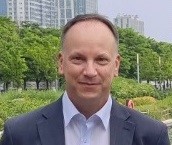
Mark Naivar
Miltenyi Biotec
Mark Naivar, MS
Mark Naivar is the Director of Technical Innovations for Miltenyi Biotec in Santa Barbara (previously known as Owl Biomedical). Mr. Naivar designed and built his first digital data acquisition system in the early 1990’s as part of the National Flow Cytometry Resource in Los Alamos, and has been hooked on flow cytometry ever since. He has been lucky enough in his career to be involved in many exciting new technologies like acoustic focusing, spectral flow cytometry and fluorescence lifetime. Mr. Naivar is now responsible for developing innovative new features for the Tyto® cell sorter. The excitement continues with a small fast mechanical valve to sort cells combined with inertial focusing to eliminate the use of sheath fluid. Mr. Naivar has a M.S. in Electrical Engineering from the University of Texas at Austin (1993) and a B.S. in Electrical Engineering from New Mexico State University at Las Cruces (1989).
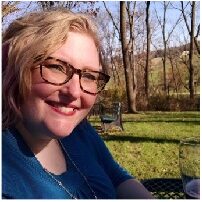
Lauren Nettenstrom
Elephas
Lauren Nettenstrom, MS, SCYM (ASCP) CM
Lauren was first exposed to the world of flow cytometry while studying the role of regulatory T cells in pediatric allergies, asthma, and autoimmune diseases; multicolor immunophenotyping assays became her specialty. After that, she worked in industry for two years optimizing the sex-based sorting of porcine sperm. She worked for the UW Carbone Cancer Center Flow Cytometry Core Laboratory for six years where her favorite flow cytometry related activities were high-dimensional panel design, teaching the Intro to Flow lecture series, giving educational outreach talks about a variety of topics, and creating multi-core pipelines. She has been a Senior Scientist at Elephas since October or 2022 and is the flow cytometry lead. She designs high dimensional flow panels, optimizes assays, and advises on immunology topics to help move the technology forward towards a predictive and personalized approach to treating cancer with immunotherapies. In her free time, she enjoys cooking, learning about wine, and watching all kinds of nerdy television and the Tour de France with her husband and her 14-year-old cat, Bessie.
Manish Patankar
Manish Patankar
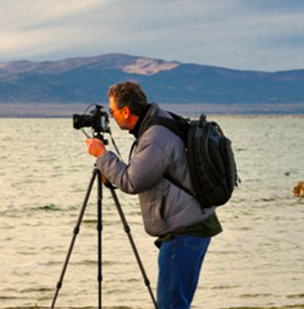
Frederic Preffer
Frederic Preffer, PhD
Frederic Preffer was born and raised in N.Y.C. and graduated from the Roswell Park Graduate Division of SUNY Buffalo in 1981. He then moved directly to the Massachusetts General Hospital (MGH) for his post-doctoral training where he accidentally ‘discovered’ the thrilling technology of flow cytometry. There at MGH he was initially tutored in flow cytometry by Jerome Zawadski and Janis Giorgi, both of whom were students of Noel Warner. Fred is presently an Immunologist and Director of the Clinical and Research Flow Cytometry Laboratories at MGH and the Scientific Director of the Mass General Brigham Flow Cytometry Lab. He is a Professor of Pathology at the formerly prestigious Harvard University’s Medical School and the Medical Director of the Clinical Immunopathology Unit at MGH.
Fred has been a member of the International Society for Analytic Cytology for many years as well as the International Clinical Cytometry Society and the European Society for Clinical Cell Analysis. He is the current Editor-in-Chief of the Journal Clinical Cytometry. Fred is a founding and continuing member of New England Cytometry (formerly The Boston Users Group) and is the head of that organization’s education and meeting organizing committee.
Fred is blessed with a wonderful family, great friends and his faithful dog Winston. He has fantastic co-workers in his labs at MGH. In his spare time, he plays in a Boston based Klezmer band and enjoys the meticulous study of Islay Whisky malts. With his two replacement-part hips, he appreciates trips to far-away places to take photographs of landscapes, birds, wild animals, not to mention his beautiful grandchildren.
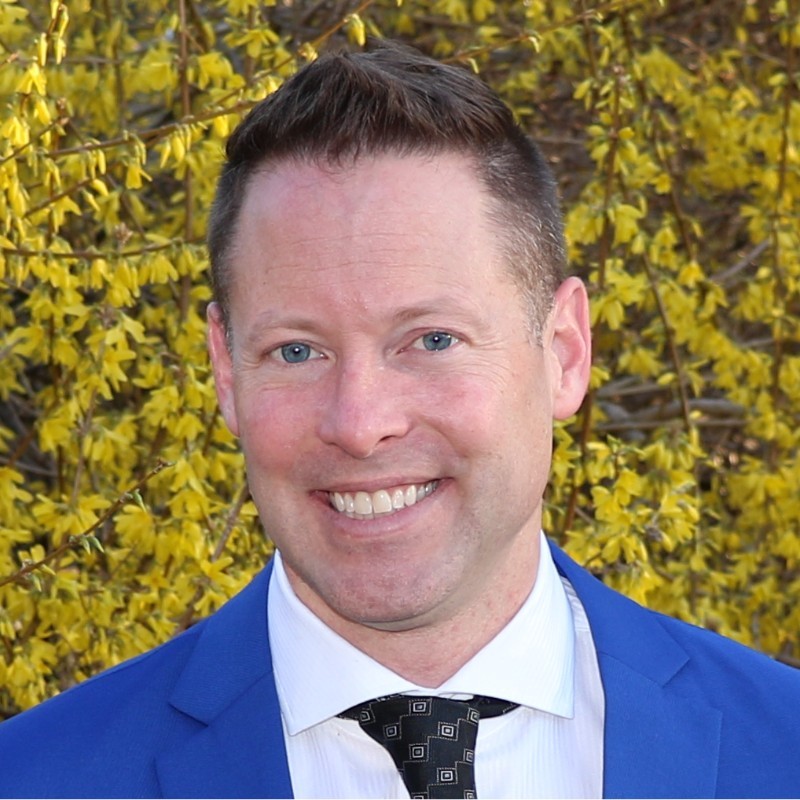
John Quinn
John Quinn
Marcus Alston joined Cisco 4 years ago as part of FLEX-RL—Cisco’s HR leadership development program. Gaining a breadth of HR experience in the rotational program, he worked in Cisco’s Leadership and Intelligence, DEI consulting, and HR Orchestration spaces. He made a one year departure from HR to do a rotation in the business—supporting Business Transformation in ONEx (Customer Experience and Operations). He ‘graduated’ early from FLEX-RL to accept a Chief of Staff role supporting Megan Bazan, VP and People Partner to Cisco’s COO. In October 2023, Marcus was promoted to Senior People Partner.
Prior to coming to Cisco, Marcus worked in Consumer Banking for JPMorgan Chase and on the underwriting side of Insurance for Auto-Owners Insurance Company. His business experience is somewhat of a second career. Marcus is a classically trained clarinetist and trained to be a professional orchestral musician.
During his MBA program at UW-Madison, Marcus was a fellow of The Consortium for Graduate Study in Management. Marcus was named a Rising Star by talent brand firm, PH Creative and is a fellow of On Deck’s Chief of Staff fellowship.
Originally from Lansing, MI, Marcus and his husband Kyle currently live in the heart of Silicon Valley–San Jose, CA. Outside of Cisco, Marcus can usually be found cooking, playing clarinet, or screaming at the television watching his favorite TV show—RuPaul’s Drag Race.

Aja Reiger
University of Alberta
Aja Reiger, PhD
Dr. Aja Rieger is the Flow Cytometry Core Facility Manager at the University of Alberta, Faculty of Medicine and Dentistry. While she loves all her flow cytometers, her imaging flow cyometer is her favourite (just don’t tell the others!). Aja is dedicated to flow cytometry education, both within her institution and beyond. In addition to teaching in the Annual Course, she runs a successful YouTube channel (@ajarieger_flow) and is an instructor for Applied Cytometry’s Fundamentals of Flow course. In her free time, she likes to cook, spend time with her family, and ride her bike ridiculously long distances.
Patricia Rogers
Patricia Rogers
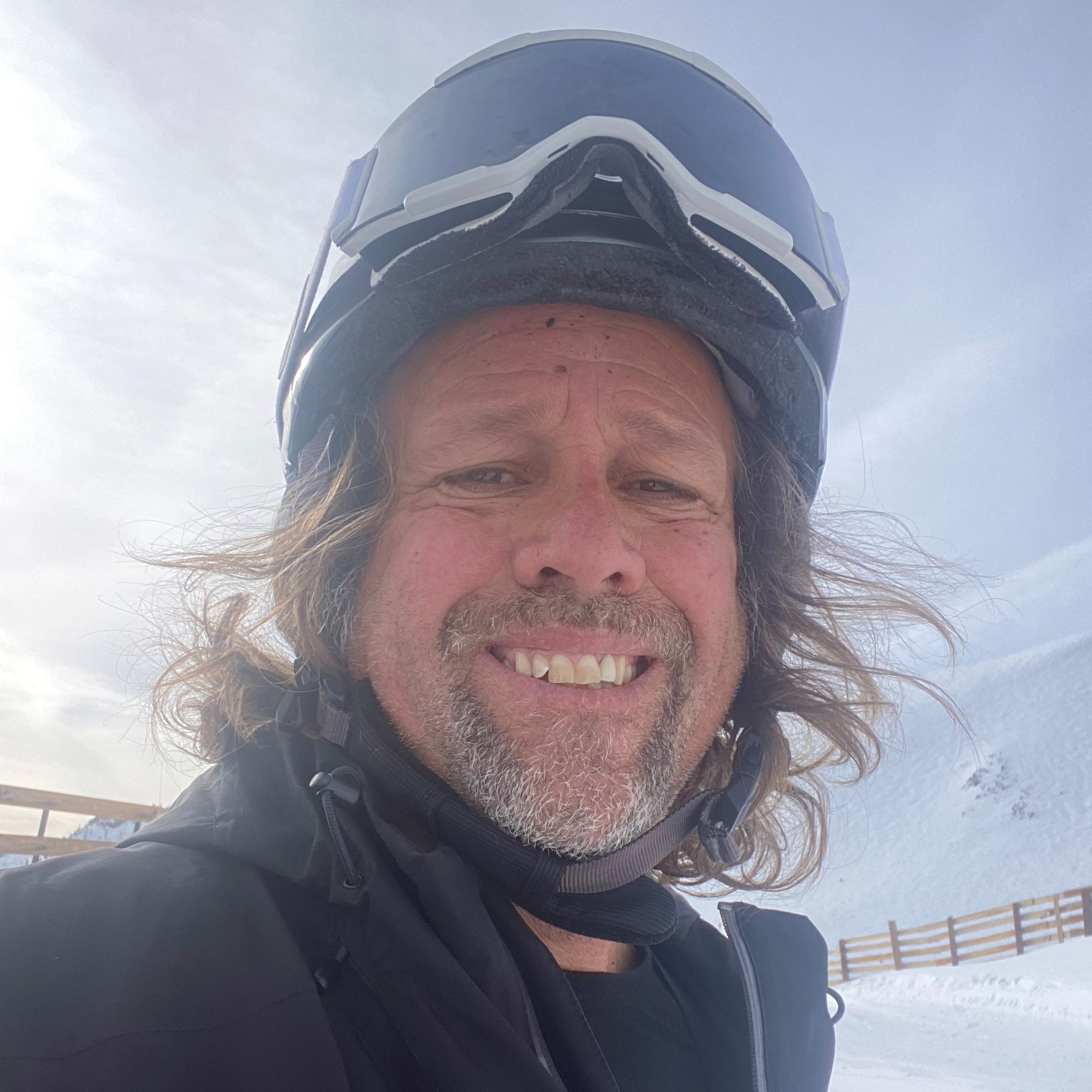
Alan Saluk
Scripps Research Institute
Alan Saluk
I first had the joy of being exposed to flow cytometry and cell sorting in 1989 while working as a college intern at The Coulter Corporation in Miami, FL. After graduating with a Biology BS from University of Florida in 1992, I then worked in the Applied Research Division at Coulter, being involved in assay development and technologies related to cytometry and other scientific instrumentation until 1998. After a yearlong round the world surfing sabbatical, I then relocated to San Diego to join the Flow Core at The Scripps Research Institute in La Jolla, CA. The TSRI Core Facility earned a reputation for collaborative development and testing new technologies under flow guru Joseph Trotter. Here the first digital analyzers and sorters were evaluated and in 2001, Joe moved to work in BD Biosciences while I became Acting Director of the Core and then eventually Director in 2002. The Core continued testing new technologies and pushing the envelope with new instrumentation and advanced applications. Education has always been a priority, and I became involved in teaching by presenting various lectures and tutorials at CYTO and then becoming part of the CYTO Live Education Task Force in 2010-2020. This gave me the opportunity to teach cytometry in emerging areas (including China, India, Turkey, South Africa, and the US) with a group of amazing colleagues. The TSRI flow core was one of the early adopters of spectral technology and has continued assessing and evaluating new spectral technologies and as well continuing to support researchers in the San Diego area. In 2021 I was promoted to Sr. Scientific Director and have enjoyed training and working with new cytometrists and helping advance the science at The Scripps Research Institute. I am genuinely looking forward to joining the Annual Course in Flow Cytometry as an instructor and repaying the favor (as I last attended this same course in 2001 as a participant).
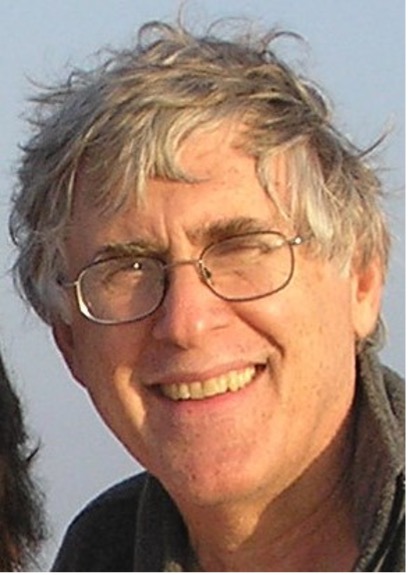
Vince Shankey
Vince Shankey
Dr. T. Vincent Shankey received his Ph.D. degree in Immunology and Medical Microbiology from the University of Florida School of Medicine (1977) and a postdoctoral fellowship in Pathology at the University of Pennsylvania from 1977 to 1981. His research has used flow and image cytometry for over thirty years, working in clinical flow cytometry for much of that time. Before joining the Advanced Technology Center/Systems Research Group at Beckman Coulter in 2001, he was the Director of Research for the Urology Department and Scientific Director of the Clinical Flow Cytometry laboratory at Loyola University Medical Center near Chicago, Illinois. In 2016 he joined AsedaSciences, a Biotech start-up operating at the Perdue University Bindley Biosciences Cntr, as Director of Research, developing cell-based assays to predict cellular responses to candidate compounds in the Pharma developmental pipeline.
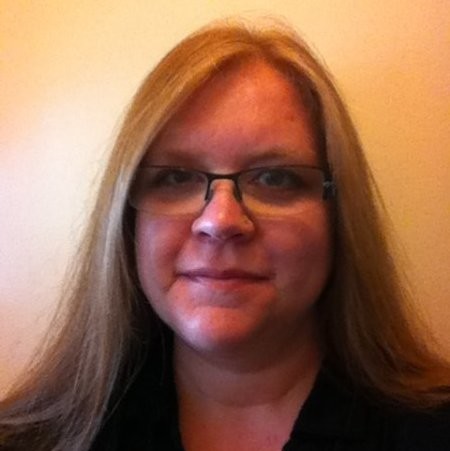
Dana Sheerar
UWCC Flow Cytometry Labratory
Dagna Sheerar, SCYM (ASCP) CM
Dagna Sheerar is the manager of the University of Wisconsin Carbone Cancer Center Flow Cytometry Laboratory. Dagna’s favorite flow cytometry activities include designing high-parameter immunophenotyping panels, analyzing data (both flow and facility usage data), training and educating new cytometrists, consulting with researchers about their cytometry assays and data analysis work flows, rigor and reproducibility, evaluating, procuring, and installing fancy new cytometry instruments, and procrastinating on the monthly Flow Lab billing by discussing the theory of anything remotely related to flow cytometry with anyone who will listen.
Dagna has been working in and managing Flow Cytometry Shared Resource Laboratories since 2000, both at the University of Wisconsin and at the University of Western Ontario. She is a Certified Cytometrist actively involved in the Great Lakes International Imaging and Flow Cytometry Association and the International Society for the Advancement of Cytometry and serves on the Board of Cytometry Educational Associates, Inc., as Vice President. Dagna has been involved in hosting and teaching at the Annual Course since 2019.
Dagna’s non-Flow hobbies include gardening (indoors and outdoors), hiking with her friends and dogs, attending music concerts, knitting, and (begrudgingly) home improvement.
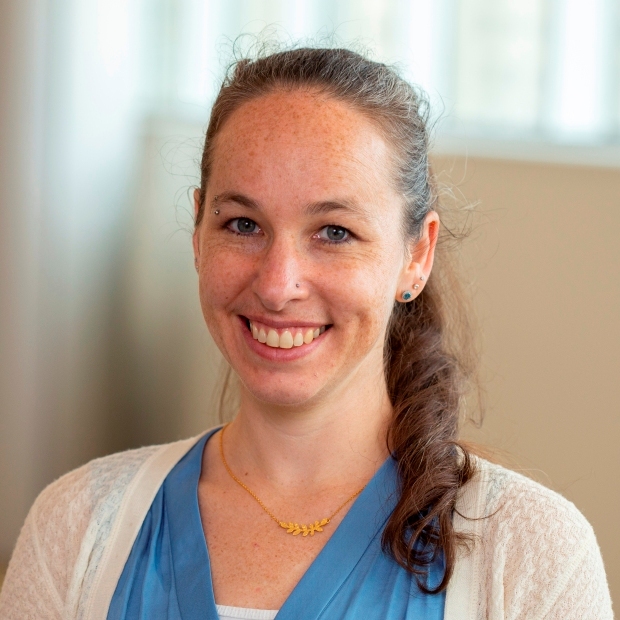
Rachael Sheridan
Rachael Sheridan
Zach Stenerson
UWCCC Flow Cytometry Laboratory
Zach Stenerson
As a member of the UWCCC Flow Cytometry Laboratory, Zach focuses on high parameter panel design and troubleshooting, data analysis, instrument training, and cell sorting.

Vera Tang
Vera Tang
In 2013, after completing her graduate studies at McMaster University in Hamilton, ON, Canada in viral immunity and post-doctoral fellowships in oncolytic virus immunotherapy at the Children’s Hospital of Eastern Ontario (CHEO), Vera took on the challenge of building and managing the flow cytometry core facility at the University of Ottawa.
Vera’s interests in basic research and background in working with viruses led to the development of an expertise in small particle detection at the facility and in 2016, the uOttawa flow cytometry core facility became the uOttawa Flow Cytometry & Virometry core facility. As an adjunct member of the Faculty of Medicine, she continues to contribute to research in flow cytometry analysis of small particles with a focus on viruses and protocol development.
Vera is an ISAC SRL Emerging Leader (2018-2023), current co-president of the CCMA, and a member of the ISEV-ISAC-ISTH EV Flow Cytometry Reference Materials Working Group. Over the years, she has been an invited speaker and instructor to numerous conferences and workshops on small particle flow cytometry including CYTO, GLIIFCA, CDW, MetroFlow, RMS, CCMA, ISEV and now the Annual Flow Cytometry Course!
Joe Tario
Joe Tario

Kah Teong
Agenus, Inc.
Kah Teong Soh, PhD, SCYM(ASCP)CM
Kah Teong Soh serves as the Flow Cytometry Core Manager/Scientist at Agenus, Inc. located in Lexington, MA, where he oversees the development and implementation of flow cytometry courses for staff. In this capacity, he leads efforts in in-house assay development for drug discovery, notably designing and implementing an immunogenicity assay employing dendritic cells. Dr. Soh collaborates closely with colleagues to optimize flow cytometric panels for diverse scientific inquiries. Additionally, he established a network connecting FACS room computers to a High-Performance Computing (HPC) cloud server, thereby augmenting data analysis capabilities.
With over a decade of experience in flow cytometry, Dr. Soh initiated his career as an operator sorter at Roswell Park Comprehensive Cancer Center. His proficiency extends to various instruments, including BD’s FACS Aria, BD’s LSR II, LSRFortessa, Agilent/ACEA Bioscience’s NovoCyte, Beckman Coulter’s CytoFLEX, SONY’s MA900 Cell Sorter, and Cytek’s Aurora. Beyond flow cytometry, his expertise encompasses confocal microscopy, molecular techniques such as qPCR, and ImageStream cytometry.
Before joining Agenus, Dr. Soh conducted post-doctoral research at Roswell Park, where he spearheaded an international initiative bringing together clinical cytometrists from 13 countries. The goal was to devise a standardized flow cytometric approach for measuring minimal/measurable residual disease (MRD) in multiple myeloma patients. In 2021, he designed and published a pioneering 27-color panel utilizing Full Spectrum Flow Cytometry (FSFC). This panel employed a supervised, automated approach to data analysis for MRD detection in acute myeloid leukemia patients.
Dr. Soh has also served as a faculty member of the Annual Course in Cytometry Methods and Applications since 2018, specializing in intracellular staining and RNA Flow Cytometry. Furthermore, he has contributed extensively to esteemed journals with publications focusing on cytometry protocols.
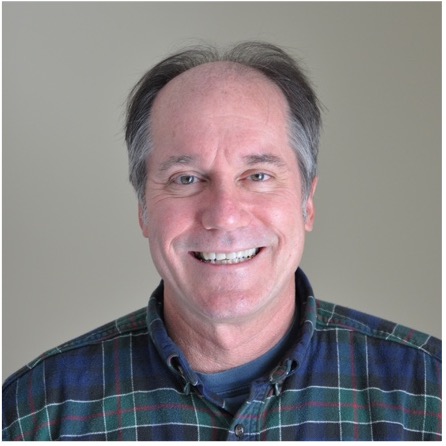
Paul Wallace
SciGro & Roswell Park Comprehensive Cancer Center
Paul Wallace PhD
Paul K. Wallace, PhD served from 2003-2021 as Director of the Flow and Image Cytometry Department at Roswell Park Comprehensive Cancer Center in Buffalo, NY. He is currently a Professor Emeritus at Roswell Park and the Chief Scientific Officer at SciGro, Inc. a partnership supporting the translation of research and preclinical stage technology into products for the biomedical industries. He is a Past President of the International Society for Advancement of Cytometry an organization with over 2,000 members, active in the International Clinical Cytometry Society, Associate Editor of Clinical Cytometry, and the 2018 recipient of ICCS’s Wallace H. Coulter award for lifetime achievement in clinical cytometry.
Before joining Roswell Park, Dr. Wallace was an Assistant Professor of Immunology at Dartmouth Medical School, Hanover NH (1993-2003), a cofounder of Zynaxis Cell Science, Inc., Malvern PA (1988-1991), and the Supervisor of Flow Cytometry at SmithKline (now Quest) Clinical Laboratories King of Prussia, PA (SKCL; 1979-1988). He is internationally recognized for his commitment to flow cytometric education and has been a continuous contributor to ISAC and ICCS Educational Committees and Courses. He has also been on the faculty of the Annual Course in Methods and Applications of Cytometry since 1994.
When you reach the end of your rope, tie a knot in it and hang on! – Abe Lincoln
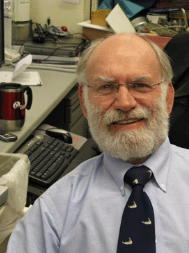
Mark Wilder
Mark Wilder, MS
Mark graduated from Phillips University with a BA in Biology and then with an MS from the University of Colorado Medical School department of Pathology. He began his experience in flow cytometry at the Los Alamos National Laboratory in 1974 and was a member of the National Flow Cytometry Resource for almost all of its existence. He has been a user and a key operator, and was involved in software development for data acquisition, display, and analysis.
He is retired and is now active primarily as faculty at flow cytometry courses.
“Be the change you want to see in the world”
– Gandhi
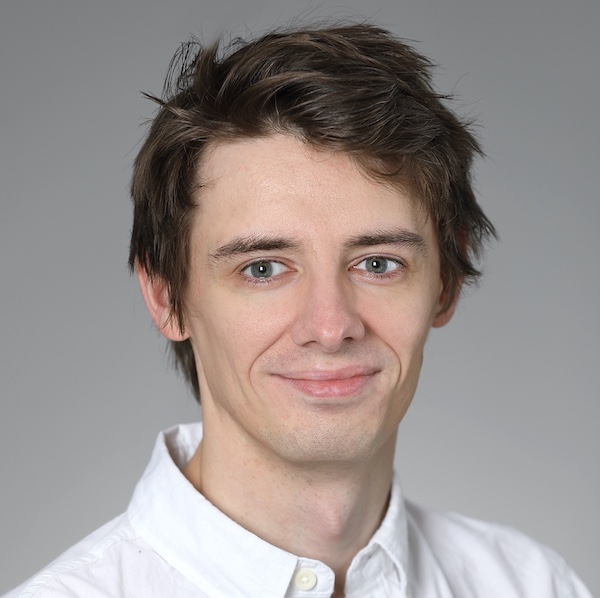
Josh Welsh
Josh Welsh
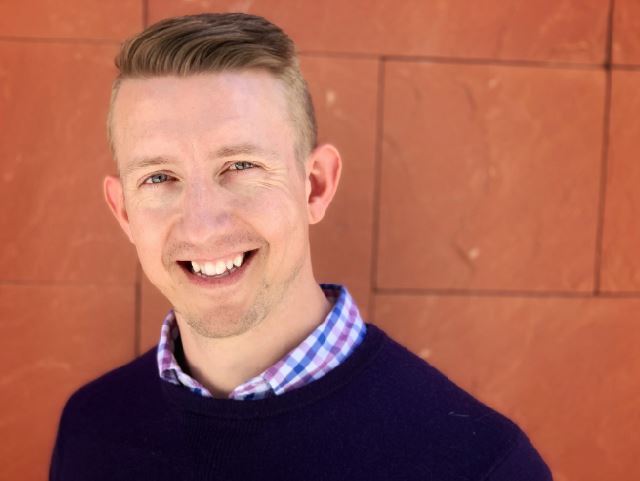
Travis Woods
BennuBio
Travis Woods
Travis A. Woods has a background in chemistry and biomedical engineering, but, like many others, came into flow cytometry in a roundabout way. He obtained his Bachelor of Science in Chemistry from Doane College in 2002 and a Master of Science in Biomedical Engineering from the University of New Mexico in 2015. Travis’s expertise in flow stems from having served as an instructor and core operator in flow cytometry at institutions such as Los Alamos National Laboratory, as part of the National Flow Cytometry Resource, and the University of New Mexico. With a proven track record of innovation and leadership, Travis continues to drive advancements in biomedical engineering and instrumentation. Travis’s career highlights include his instrumental roles as Chief Technology Officer and subsequently as Chief Operating Officer at BennuBio. As CTO, he spearheaded the development of BennuBio’s flagship product, the Velocyt, overseeing a multidisciplinary team and achieving critical milestones in product realization. Transitioning to COO, Travis demonstrated his operational acumen by implementing robust manufacturing protocols, establishing quality management systems, and securing regulatory certifications, positioning BennuBio as a leader in its field.
